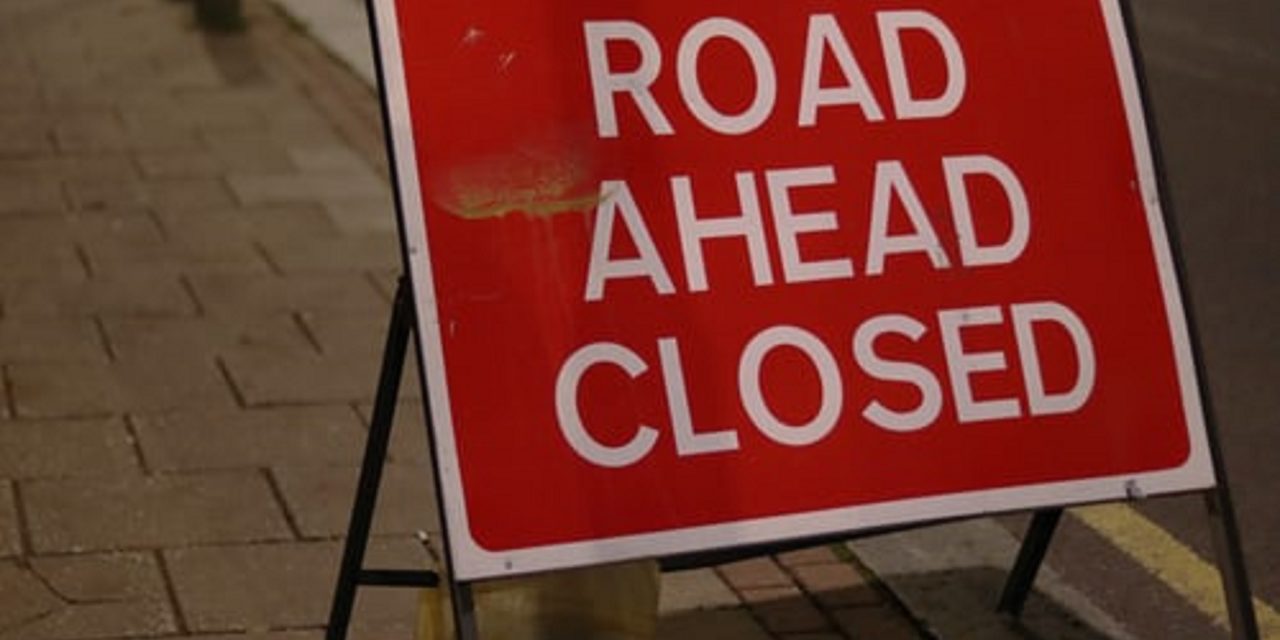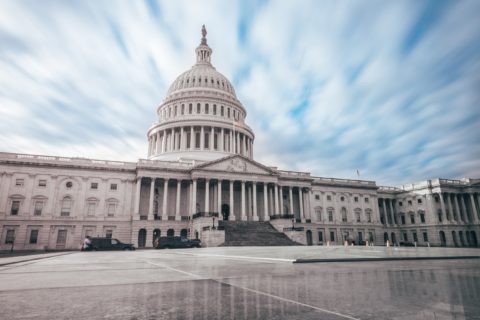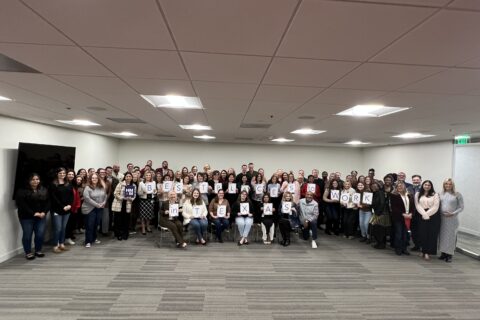Note the below information has been updated, please click here for most recent information.
The IRS answered the question whether the expenses paid with PPP loan proceeds would be deductible in 2020 if no forgiveness was granted in 2020 in Revenue Ruling 2020-27 with a resounding NO. The IRS asserts that the law under Section 265(a)(1) and Section 1.265-1 of the Income Tax Regulations provide that no deduction is allowed for any amount otherwise allowable as a deduction to the extent the amount is allocable to one or more classes of income other than interest wholly exempt from the taxes imposed by subtitle A of the Code. In other words, if the income is non-taxable, then the deductions are non-deductible.
The IRS also relies on several court cases to strengthen its position of no deduction. These court cases address expectation of reimbursement. The courts have held that if there is a reasonable expectation of reimbursement (and the reimbursement would be in the form of covered PPP loans being forgiven), then those eligible expenses are not deductible.
Therefore, a taxpayer that received a covered PPP loan and paid or incurred otherwise deductible expenses, may NOT deduct those expenses in the taxable year in which the expenses were paid or incurred, if at the end of such taxable year, the taxpayer reasonably expects to receive forgiveness of the covered loan, even if the taxpayer has not submitted an application or received forgiveness by the end of the taxable year.
The IRS simultaneously issued Revenue Procedure 2020-51, that provides a safe harbor to allow a taxpayer to deduct eligible expenses paid or incurred in tax year 2020 if in a subsequent taxable year the request for forgiveness is either denied or partially denied or the taxpayer decides never to request forgiveness of the covered PPP loan. Under this safe harbor, the taxpayer has three choices to deduct these expenses: 1. Timely filed, including extensions of the 2020 tax return; 2. An amended return or administrative adjustment request (AAR) for the 2020 taxable year; or 3. The taxpayer’s timely filed, including extensions, subsequent (2021) tax return. A taxpayer may not deduct an amount of non-deductible eligible expenses in excess of the amount that was denied forgiveness or will no longer be requested.
If you have questions about your PPP loan forgiveness and eligible expenses, please contact your HM&M tax advisor.
For more information check out HM&M’s COVID-19 Resources page.
HM&M COVID-19 ResourcesLatest Blog
DALLAS, TX – [February 21, 2025] –HM&M, a leading accounting and advisory firm, is proud to announce that ...
Updated February 14, 2025 A complex trust or estate may make an election under Internal Revenue Code Section ...
As this reminder was going to press, a Texas-based federal court issued a preliminary injunction prohibiting the federal ...
HM&M Updates
DALLAS, Dec. 11, 2024 – Springline Advisory, a trailblazing financial and business advisory firm, is proud to announce its partnership ...
Last month, Senior Manager, Pearl Balsara was invited to speak at the 2023 FPA DFW Annual Conference in ...
We are pleased to announce the winners of the 2022 HM&M Excellence Awards. Ronna Beemer, Keith Phillips, and ...









